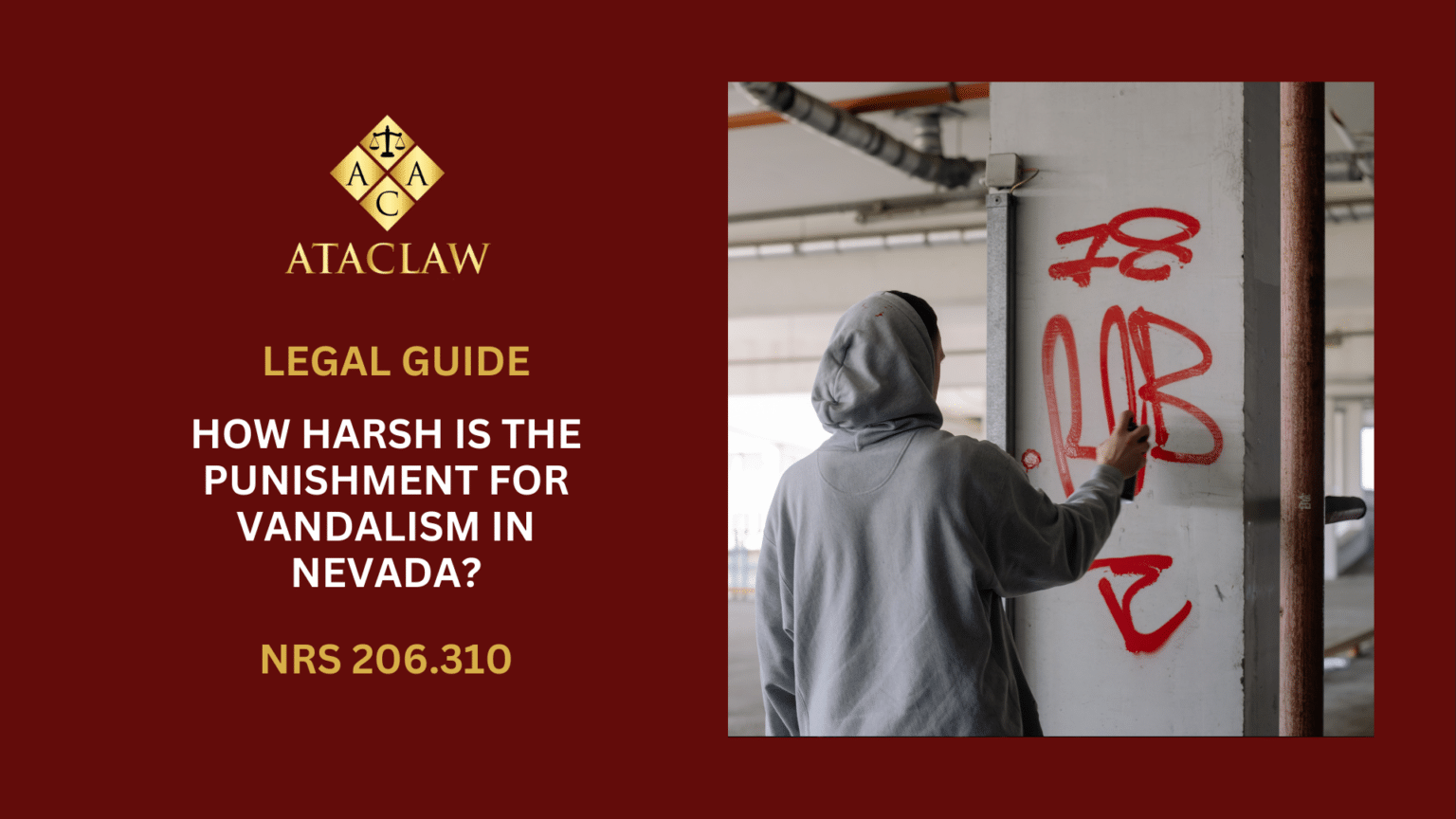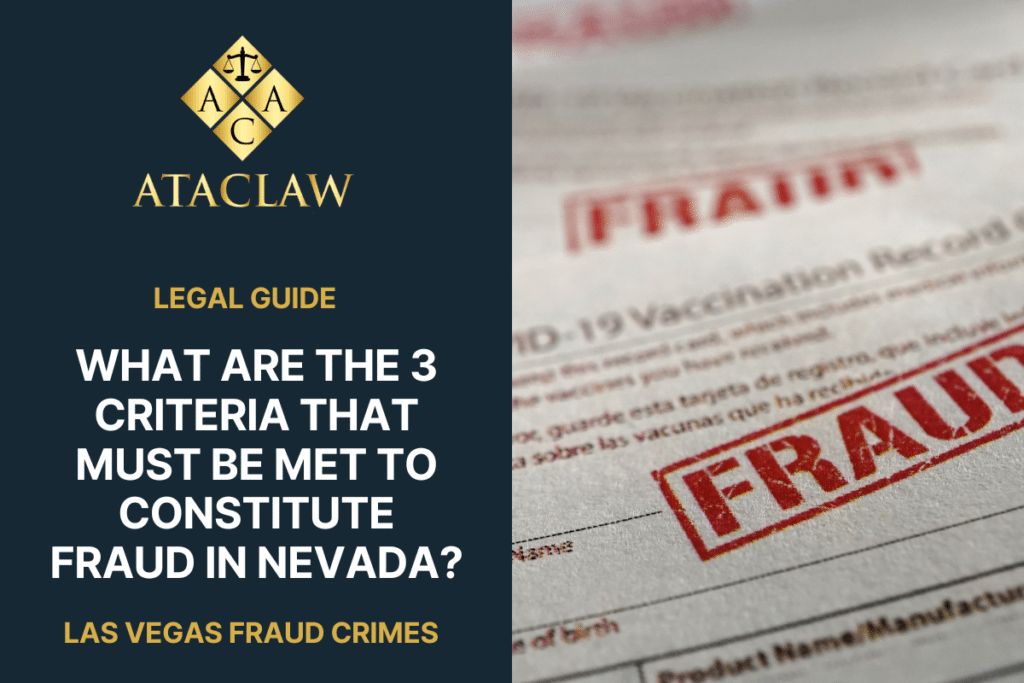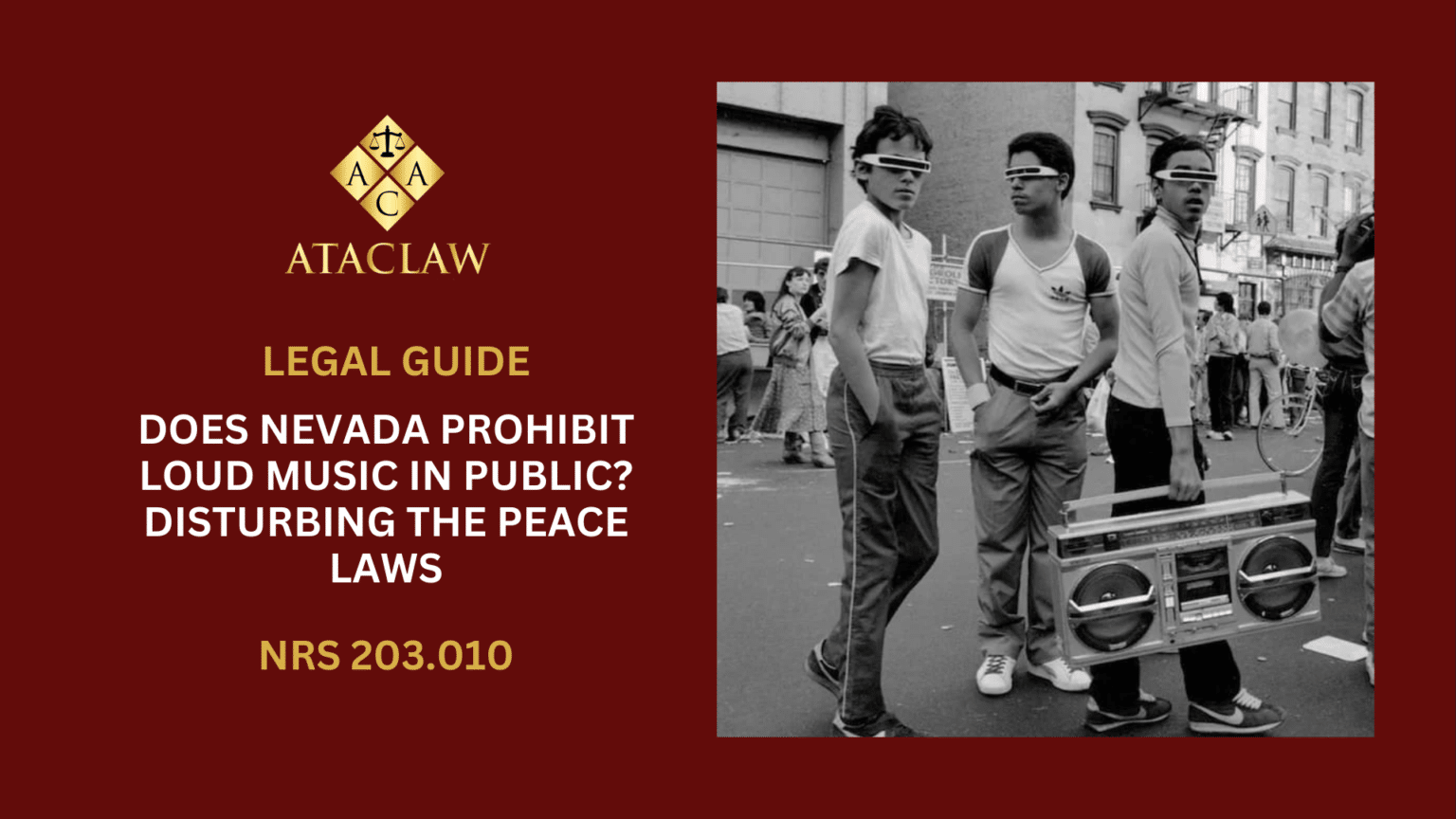Welcome to the ATAC LAW blog, where we delve into crucial legal matters affecting our community. Today, we’re exploring Nevada’s approach to vandalism under NRS 206.310, a law designed to safeguard both public and private properties from damage. This discussion is not only essential for property owners but also for Nevada residents wanting to understand the legal consequences of such actions.
In Nevada, vandalism is taken seriously and is considered a form of “malicious mischief.” It covers a broad spectrum of properties including:
- Real estate
- Vehicles
- Personal belongings
If you’re accused of damaging any of these types of properties, you could face several severe penalties, influencing both your personal freedom and financial situation.
What Constitutes Vandalism Under Nevada Law?
Exploring the scope of vandalism, defined in Nevada under statute NRS 206.310, reveals a broad legal landscape aimed at safeguarding properties against deliberate harm. In essence, vandalism, or what’s officially recognized as malicious destruction of property, encapsulates actions that lead to the damage or destruction of someone else’s property.
A Closer Look at Acts of Vandalism
The range of activities falling under NRS 206.310 is diverse, highlighting various ways an individual’s property can be unlawfully targeted. Here are a few illustrative scenarios:
- Removing a billboard from its place
- Inscribing or etching on the surfaces of buildings
- Damaging a neighbor’s fence by driving through it
These instances vividly demonstrate the varied nature of vandalism, each bearing legal implications under Nevada law.
The Complexity of Vandalism Cases in Las Vegas
In Las Vegas, individuals accused of vandalism might also find themselves facing multiple charges, dependent on the context of their actions. A typical case could involve an individual forcefully entering a building; if they proceed to commit theft, such as taking a computer, they could be charged with both burglary (as per NRS 205.060) and vandalism (for the act of breaking and entering).
What Are the Legal Repercussions for Price Tag or Receipt Fraud in Nevada?
In Nevada, the repercussions of defacing property vary widely, stretching from minor fines to multi-year terms in state prison, contingent upon the specifics of each case. The particular statute outlining these sanctions, namely NRS 206.310, sets forth a graded penalty system based on the extent of damage and its impact on public utilities and services.
For damages equating to or exceeding $5,000, or in cases where the vandalism hinders public communication, transportation, or the efficiency of police and fire services—irrespective of the damage’s monetary value—a Category C felony charge is possible. This charge can lead to:
- One to five years in prison
- Fines up to $10,000, at the judge’s discretion
Incidents resulting in $250 to under $5,000 in damages are classified as gross misdemeanors, which may result in:
- Up to 364 days in jail, and/or
- Fines not exceeding $2,000
For lesser damages valued at $25 to under $250, the offense is treated as a misdemeanor, potentially leading to:
- Up to six months in jail, and/or
- Fines up to $1,000
- Vandalism causing less than $25 in damage can incur a civil penalty not surpassing $500.
It’s noteworthy that charges can escalate, particularly involving gang-related vandalism, which might see jail or prison sentences doubled. ATAC LAW can provide further insight into how criminal gang enhancements could affect a case.
Broad Spectrum of Vandalism Offenses
Nevada law recognizes an array of vandalism-related crimes outside of NRS 206.310, each bearing distinct sentences. Examples include, but are not limited to:
- Vandalizing specified community sites: Depending on the number of offenses, penalties include fines ranging from $400 to $1,000, hours of community service, and restitution.
- Illegal posting of materials: This misdemeanor may lead to six months in jail and/or fines up to $1,000.
- Intent to vandalize upon entry: Offenders could face six months in jail and/or fines reaching $1,000.
- Damage to foreclosed properties and destroying government-posted notices are treated as misdemeanors with similar penalties.
- Graffiti: Depending on the damage, charges range from misdemeanors to category E felonies, with penalties including jail time, fines, and mandatory probation periods.
- Vandalizing historic or wildlife department properties comes with penalties parallel to those in NRS 206.310.
Certain situations may necessitate restitution or clean-up cost compensation, and offenses in specific locations could lead to arrests by specialized law enforcement, such as park rangers versus metropolitan police.
Can Immigrants Face Deportation for Vandalism?
While vandalism often doesn’t directly lead to deportation, the ever-changing landscape of immigration laws means that any criminal offense can impact an immigrant’s status negatively. For non-citizens, particularly those aspiring for citizenship, any legal infraction appears detrimental on their record.
Immigrants in Nevada facing criminal charges are strongly advised to consult with legal experts immediately to explore options for having the charges dismissed and to minimize the potential impact on their immigration status.
What Are Effective Defenses Against Vandalism Charges in Nevada?
When faced with vandalism charges in Nevada, knowing your defense options can significantly impact the outcome of your case. At ATAC LAW, we’ve successfully defended numerous clients by employing robust defensive strategies that resonate well with both prosecutors and judges. Here are three proven defenses to consider if you’re charged with vandalism:
1. The Act Was Not Willful
It’s important to distinguish between willful vandalism and accidental damage caused under duress or necessity. For instance, if an individual damages property unintentionally while responding to an emergency or natural disaster, this is not considered a criminal act, though they might still be civilly liable.
- Example: Consider a scenario where an individual, during a wildlife encounter, unintentionally damages someone’s fence while escaping danger. This act, performed under reasonable fear for personal safety, would not classify as willful vandalism.
In these situations, explaining the context to the District Attorney (D.A.) often clarifies the lack of malicious intent, potentially leading to the charges being dropped.
2. You had the Property Owner’s Consent
A vital defense in vandalism cases is proving that you had the property owner’s consent. Often, accusations of vandalism arise from simple misunderstandings where the accused believed they had permission to alter or damage the property. To substantiate this, evidence such as written communications, testimonies from eyewitnesses who observed the owner’s consent, or video recordings showing the consent can be crucial.
3. Mistaken Identity
Given that vandalism often occurs at night with perpetrators possibly concealing their identity, misidentification is not uncommon. If you’ve been wrongfully identified, assembling clear evidence is key to disputing the charges. This evidence might include surveillance footage, GPS data, detailed police reports, forensic findings, or testimonials from more credible witnesses. If the prosecutor can’t conclusively demonstrate your involvement beyond a reasonable doubt, the charges are likely to be dismissed.
What is the Waiting Period to Seal a Vandalism Record in Nevada?
In Nevada, the waiting period to seal a vandalism record depends on the severity of the conviction:
- Category B, C, or D felony: 5 years after the case closure.
- Category E felony: 2 years after the case closure.
- Gross misdemeanor: 2 years after the case closure.
- Misdemeanor: 1 year after the case closure.
- No conviction (charges dismissed): Eligible for sealing immediately, with no waiting period.
These timelines start once all case-related proceedings have concluded.
Fighting vandalism charges effectively requires a clear strategy and robust evidence. Understanding the nature of your alleged involvement and gathering supportive proof (whether it shows consent, clarifies the lack of intent, or corrects a case of mistaken identity) are fundamental steps. If you’re dealing with such charges, consulting with experienced attorneys like those at ATAC LAW can provide the necessary guidance and representation to handle these complex legal waters.
For further legal assistance and to discuss your case with an expert, don’t hesitate to contact ATAC LAW.




